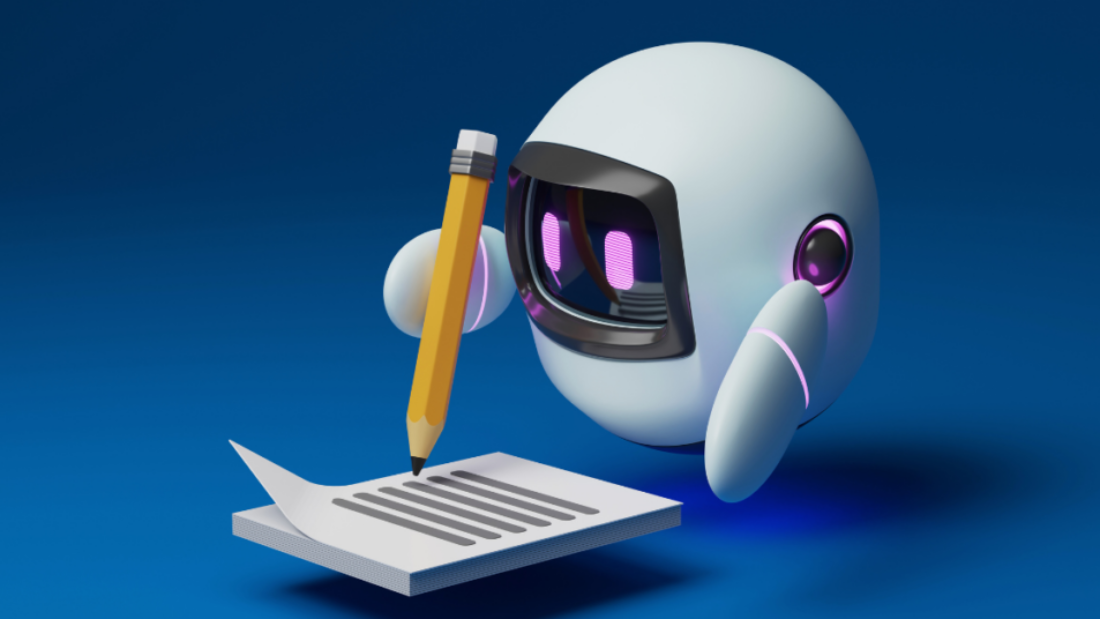AI adjusting PPC bids is revolutionizing digital advertising by automating bid decisions in real time, saving marketers time and improving ROI. In 2025, small businesses and agencies are increasingly relying on AI-driven platforms like Google Ads’ Smart Bidding and third-party tools to make data-backed, instant changes to their campaigns—without manual guesswork. In this article, we’ll explore how AI is adjusting PPC bids, the best tools to use, and how it gives advertisers a competitive edge.
Pay-per-click (PPC) advertising has always been a dynamic and result-oriented channel for businesses to drive traffic, leads, and conversions. With advancements in artificial intelligence (AI), the future of PPC is shifting toward smarter and more efficient campaign management. AI-powered bidding, a revolutionary trend, is transforming how advertisers approach paid advertising.
In this blog, we’ll explore the concept of AI-powered bidding, its benefits, and how it is shaping the future of PPC advertising.
What is AI-Powered Bidding?
AI-powered bidding refers to the use of machine learning algorithms to automate and optimize bid management in PPC campaigns. Unlike manual bidding, AI-powered tools analyze real-time data, user behavior, and market trends to make precise bidding decisions, ensuring optimal ad placement and cost efficiency.
Key Benefits of AI-Powered Bidding
- Enhanced Efficiency
AI eliminates the need for manual bid adjustments, saving time and resources for advertisers. It dynamically adjusts bids based on campaign goals, user behavior, and competitive landscape. - Improved ROI
By analyzing vast amounts of data, AI identifies high-performing opportunities and allocates budget effectively, maximizing return on investment. - Real-Time Optimization
AI-powered systems adapt to changes in user behavior and market conditions instantly, ensuring your ads remain competitive. - Better Audience Targeting
AI uses data-driven insights to target specific demographics, locations, and interests, delivering ads to the right audience at the right time. - Reduced Wastage
AI minimizes ad spending on low-performing keywords or audiences, focusing your budget where it matters most.
How AI-Powered Bidding Works
- Data Collection
AI tools gather and analyze data, such as user search intent, device usage, time of day, and historical performance. - Bid Adjustment
Based on the data, the AI system adjusts bids in real time to prioritize high-converting opportunities. - Goal Alignment
Advertisers set goals like maximizing conversions, improving clicks, or achieving a target cost-per-acquisition (CPA). AI aligns its strategy to meet these objectives efficiently. - Performance Analysis
AI continuously monitors ad performance, making adjustments and providing actionable insights for further optimization.
Applications of AI-Powered Bidding in PPC Advertising
- Google Ads Smart Bidding
Google Ads offers Smart Bidding strategies powered by AI, such as:- Target CPA: Automatically sets bids to get the most conversions at the desired cost.
- Maximize Conversions: Focuses on increasing the number of conversions within your budget.
- Target ROAS: Optimizes bids to achieve a specific return on ad spend.
- Dynamic Creative Optimization (DCO)
AI customizes ad creatives in real time, ensuring relevancy and increasing the chances of engagement and conversion. - Cross-Platform Campaigns
AI-powered bidding ensures consistent performance across platforms like Google Ads, Facebook, and Bing by analyzing data from multiple sources. - Remarketing Campaigns
AI identifies users who are more likely to convert and targets them with tailored ads, boosting remarketing efforts.
Challenges of AI-Powered Bidding
- Dependency on Data
AI relies on high-quality data. Inaccurate or insufficient data can lead to suboptimal bidding strategies. - Complexity
Understanding and setting up AI-powered bidding can be challenging for beginners, requiring expertise or professional assistance. - Budget Management
AI may allocate budgets aggressively, requiring regular monitoring to ensure alignment with business objectives. - Lack of Human Creativity
While AI excels at data analysis, it lacks the creativity and emotional intelligence needed for crafting compelling ad campaigns.
The Future of AI-Powered Bidding in PPC
- Predictive Analytics
AI will become even more predictive, anticipating user behavior and market trends to stay ahead of the competition. - Integration with Advanced AI Tools
Platforms will integrate with more sophisticated AI tools, offering seamless management across multiple ad channels. - Improved Voice Search Optimization
AI-powered bidding will adapt to voice search trends, ensuring ads appear for relevant voice queries. - Hyper-Personalization
AI will enable ads tailored to individual user preferences, creating a highly personalized advertising experience. - Automation Beyond Bidding
AI will automate other aspects of PPC, such as ad copy generation, landing page optimization, and audience segmentation.
How to Leverage AI-Powered Bidding for Your Campaigns
- Define Clear Goals
Set specific objectives like increasing conversions, achieving a target CPA, or maximizing clicks. - Choose the Right Bidding Strategy
Select a strategy that aligns with your campaign goals, such as Target ROAS or Maximize Conversions. - Monitor Performance
Regularly review your campaigns to ensure the AI system meets your expectations and delivers results. - Combine with Human Expertise
While AI optimizes bids, human creativity, and strategy remain essential for campaign success. - Invest in the Right Tools
Choose reliable AI-powered platforms like Google Smart Bidding, Facebook Automated Rules, or third-party tools like Kenshoo and AdRoll.
Conclusion
AI-powered bidding is transforming PPC advertising by delivering efficiency, precision, and results at an unprecedented scale. As the technology evolves, businesses that embrace AI-driven strategies will gain a significant competitive edge. By combining the power of AI with human creativity, you can create campaigns that reach your audience and resonate with them, driving measurable success.
Start exploring AI-powered bidding today to future-proof your PPC campaigns and unlock new growth opportunities.
H2: Frequently Asked Questions
Q1: What is AI adjusting PPC bids?
A: It refers to using artificial intelligence to automate and optimize bid amounts in real-time based on performance signals.
Q2: Is AI bidding better than manual bidding?
A: For most advertisers, AI offers better efficiency, accuracy, and ROI over time, especially in competitive markets.
Q3: What tools help with AI-powered bidding?
A: Google Smart Bidding, Facebook Ads, Adzooma
Want expert help using AI for your PPC campaigns? Get a free audit from 9Times and discover how automation can drive better results today.


